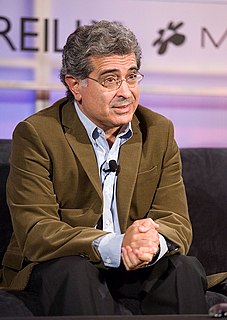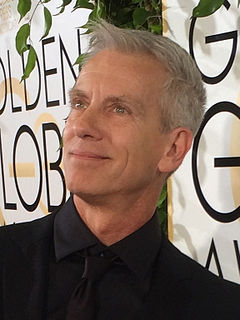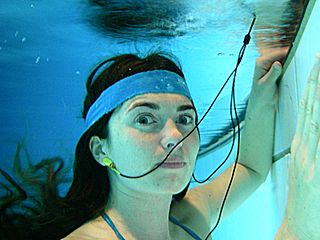A Quote by Ramesh Srinivasan
I am a former engineer and I was really excited about the possibility of building better technology to serve humanity. A lot of us as engineers have this belief that if you build a tool you somehow can empower humans economically or socially. The idea of building a better technology often means more efficiency.
Related Quotes
Technology for me is discover, learn, evolve and implement. It combines 3Ss- speed, simplicity and service. Technology is fast, technology is simple and technology is a brilliant way to serve people. It is also a great teacher. The more we learn about technology and the more we learn through technology, the better it is.
I have a really deep belief that we create technologies to empower ourselves. We've invented a lot of technology that just makes us all faster and better, and I'm generally a big fan of this. I just want to make sure that this technology stays subservient to people. People are the number one entity there is on this planet.
Critics worry that if we spend time paying attention to that new kind of media or technology instead of talking to each other that that is somehow isolating. But humans are fundamentally social. So I think in reality, if a technology doesn't actually help us socially understand each other better, it isn't going to catch on and succeed.
You know, the technology was at the right place for us to build this world. The most difficult thing about doing The Croods was no doubt the building of the world. Every single thing in this film is organic. Organic things are tough. Very very labour intensive. And we have no man-made structures. You could argue that everything in this film is really an exterior. Even the interiors of the cave are exteriors. So building this world was the biggest thing of all, and the technology was there to do it.
I am extraordinarily fascinated by the future of technology. We are in the early infancy of technology, and we have an opportunity to guide how technology develops and integrates into our lives. I talk a lot about the 'invisible interface,' or the idea that we can utilize technology without being absorbed into a screen.
As an architect it is very important that you distinguish between different realities. There's the reality of the drawing and the reality of the building. So one could say, or at least it is the common belief that architecture has to be built; I always denied that, because ultimately it is based on an idea. I don't ever need a building to verify my idea. Of course, what with a building is more its vanity and actual physical experience. But I anticipate; I wouldn't even build it if I could not anticipate how it would be.
































